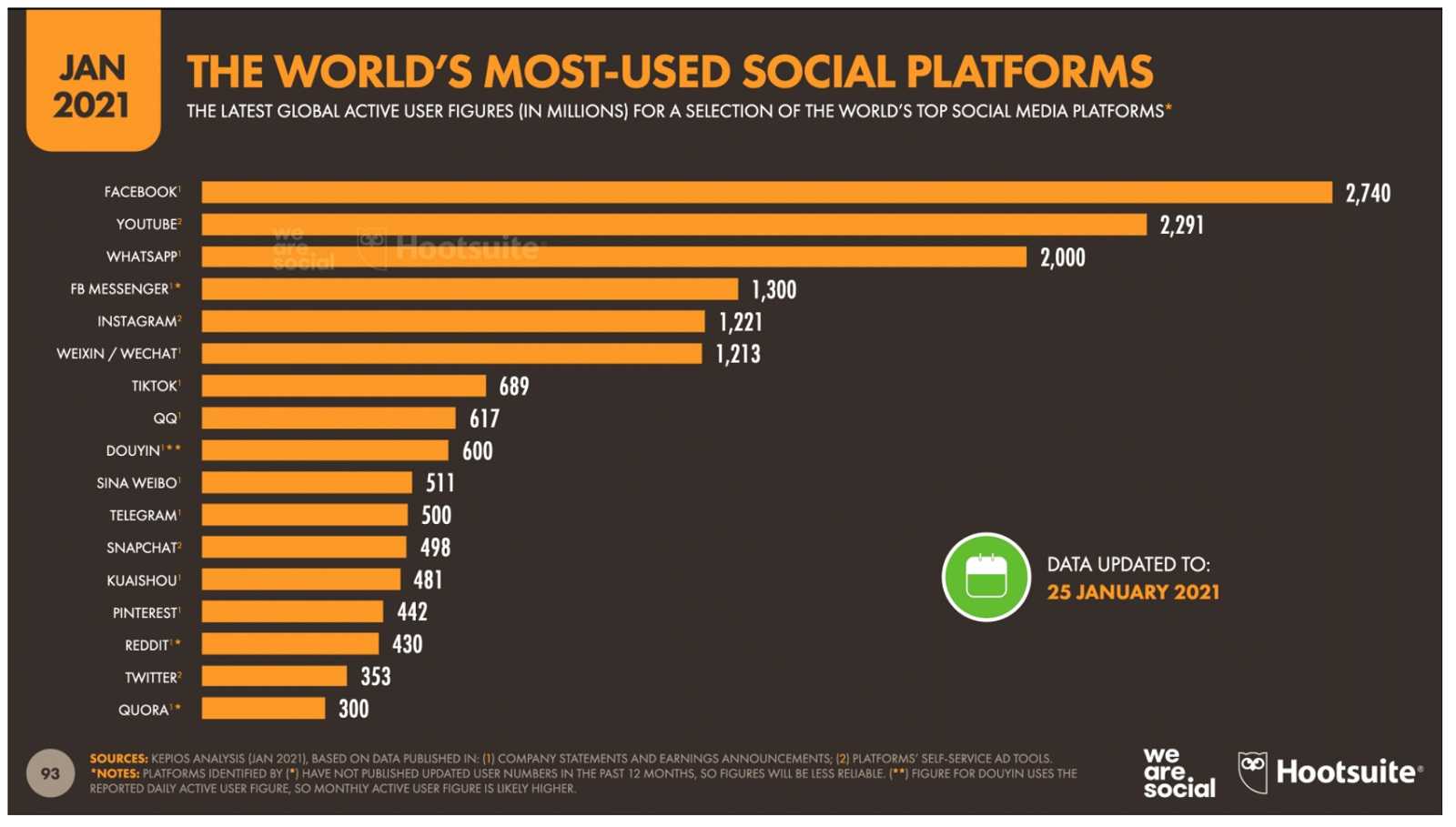Security experts are concerned about TikTok’s latest user data grab. The company recently announced they’re collecting new data on users from their video and audio files. Face and voice prints, called biometric data, is now being collected from TikTok’s 689 million active global active users, currently without permission.
Adding to the discontent is that the company isn’t being transparent about their plans for this data. Many experts view this as over-the-top personal intrusions by the Chinese-owned social media platform. These include potentially serious user privacy and security issues, as witnessed earlier this year in a class-action lawsuit against TikTok that they settled for $92 million.
Like most electronic data, biometric data is permanent, and in this case it’s your unique voice and facial recognition prints being collected. TikTok is being vague about how it defines “faceprints and voiceprints” and whether it will request user consent before collecting it. To the 100 million monthly and 50 million daily users in the U.S., being in the dark about their biometric data collection is unsettling at best. There are potential misuse and abuse scenarios for these sensitive identifiers in ways beyond simply verifying your identity for account logins.

The possible abuse of these biometric features is reflected on by a Carnegie Mellon University professor of information technology and public policy. He suggests the “faceprints” collected by TikTok can be used in ways other than for login security and instead can be used for re-identifying a user in several ways. They also say the biometric data isn’t necessary to the app’s function, adding more fuel to the biometric mystery.
Many view TikTok as a potential national security threat, but the company claims it doesn’t share its data with the Chinese government and would never do so. The company maintains it “does not sell personal information to third parties” but can share your data for what they call “business purposes.”
 What can you do? Aside from no longer using TikTok, there are other ways you can protect yourself from these latest privacy developments. Reading the terms and conditions that every app puts on a device is an important start, although doing so can be arduous. The other option at this time is making the decision that privacy questions and issues with TikTok don’t bother you enough to stop using the app. Just be aware that you’re handing over your personal data with the understanding that it’s shared with third-parties for use in ways you’ll never know about. All things considered, choose your option wisely.
What can you do? Aside from no longer using TikTok, there are other ways you can protect yourself from these latest privacy developments. Reading the terms and conditions that every app puts on a device is an important start, although doing so can be arduous. The other option at this time is making the decision that privacy questions and issues with TikTok don’t bother you enough to stop using the app. Just be aware that you’re handing over your personal data with the understanding that it’s shared with third-parties for use in ways you’ll never know about. All things considered, choose your option wisely.
Early this year, a class-action lawsuit was brought against TikTok by the state of Illinois. According to the state’s charges, the company “violated the state’s Biometric Information Privacy Act, the federal Video Privacy Protection Act, including data harvested by facial recognition technology, without consent and sharing the data with third-parties, some of which were based in China.” TikTok agreed to settle, paying $92 million for their biometric user privacy violations.